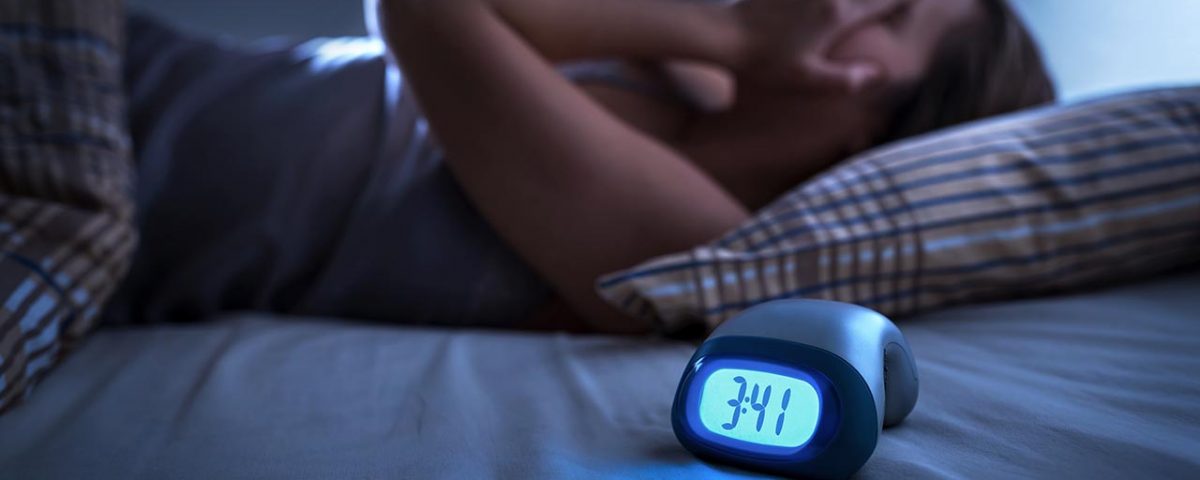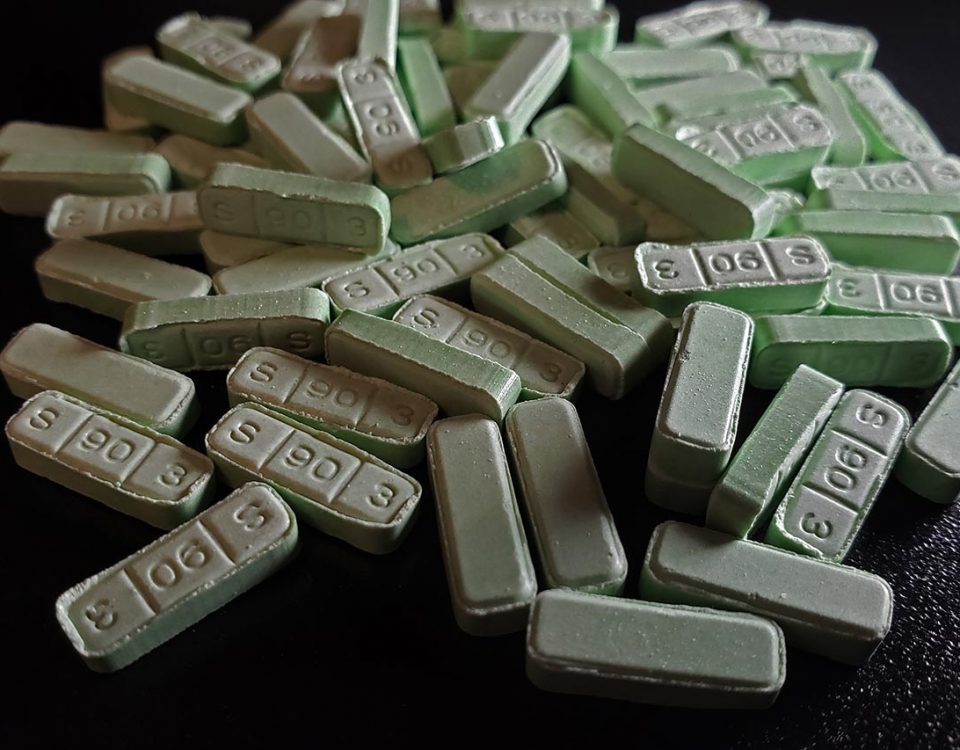Not everyone falls asleep as soon as their head hits the pillow and wakes up feeling well-rested.
Many people struggle to get good sleep on a regular basis, but recovering from a substance abuse problem can make this task even more challenging. Whether a person relied on a drug to help them sleep each night or simply found themselves addicted to an energizing stimulant, sleep problems after drug addiction are not uncommon. Banyan Treatment Center Massachusetts is taking a closer look at these issues and explaining how a person in recovery should respond to them.
Frequent Sleep Problems in Early Sobriety
Many of the patients in our Boston partial hospitalization program complain of getting poor sleep in the early stages of their recovery. Part of the relationship between substance abuse and sleep is that addiction can lead to changes in the brain that impact the sleep cycle. When people are no longer taking these substances, it takes time for the brain to revert back to normal and their sleep to get back on track. Another problem is that many addicts have poor sleep habits. Below are a few of the ways that addiction can impact a person’s sleep.
Insomnia
Early sobriety and insomnia are often connected. It is estimated that substance use problems are the underlying cause of 10% to 15% of people with chronic insomnia.1 Drug-induced insomnia may occur because of the properties of the substance that they are abusing. For instance, someone who relies on marijuana to sleep may find it difficult to do so without it. On the other hand, someone who regularly abuses a stimulant like methamphetamine may have their circadian rhythm completely thrown off due to a lack of sleep.
Insomnia is especially common for people with alcohol use disorders both before and after alcohol abuse treatment at our Wilmington rehab center. In some cases, people may continue to struggle with sleeping even for several years after getting sober. It is important to seek out natural methods of coping with insomnia as opposed to relying on a drug. Even if prescribed by a doctor, sedatives or “downers” present their own risks of addiction and can end up causing additional problems.
Poor Sleep Quality
It isn’t just problems falling asleep. Several people in early recovery experience poorer sleep quality. One study found that as many as 75% of people in cocaine addiction treatment and going through withdrawal had poor sleep quality.2 Poor sleep quality also carried over to college students who had misused psychostimulants in the past.2
This issue is mainly due to the fact that although sleep is technically occurring, because of varying physical and mental factors, it may leave a person feeling more tired than they did before. This can be an incredibly frustrating experience and is one of the most difficult sleep problems after drug addiction.
Sleep-Disordered Breathing
Sleep-disordered breathing problems like sleep apnea are common in people with substance abuse disorders, especially alcohol abuse. Even when the abuse stops, this problem doesn’t just go away immediately. Many people in early recovery will continue to experience difficulty breathing during sleep.2 Fortunately, there are machines that can assist and regulate breathing at night to avoid the long-term problems that can develop from sleep apnea.
Relapse Dreams
One of the most common sleep disorders in early recovery is using dreams. These nightmares about relapsing can be unsettling for many people, but they do tend to decrease in frequency over time. While troubling, they also serve as a symbol of how far a person has come in their recovery and may reinforce why maintaining sobriety is so important. If they are not going away, there are things you can do to try to better deal with using dreams in recovery.
Regardless of the exact cause, creating a healthy sleep routine in recovery and sticking to it may be able to alleviate some of these problems and also reduce the chances of relapse. Time may be able to help with the rest. In the meantime, people in need of Massachusetts addiction treatment can access these services with Banyan. We will work to help you move along the healing process and provide support in the case of hard or sleepless nights.
If you or a loved one needs help getting sober, we are here. At Banyan’s rehab in Massachusetts, we will be with you every step of the way. Call 888-280-4763 now to begin.
Sources:
- NCBI- Disturbed Sleep and Its Relationship to Alcohol Use
- SAMHSA- Treating Sleep Problems of People in Recovery From Substance Use Disorders
Related Reading









